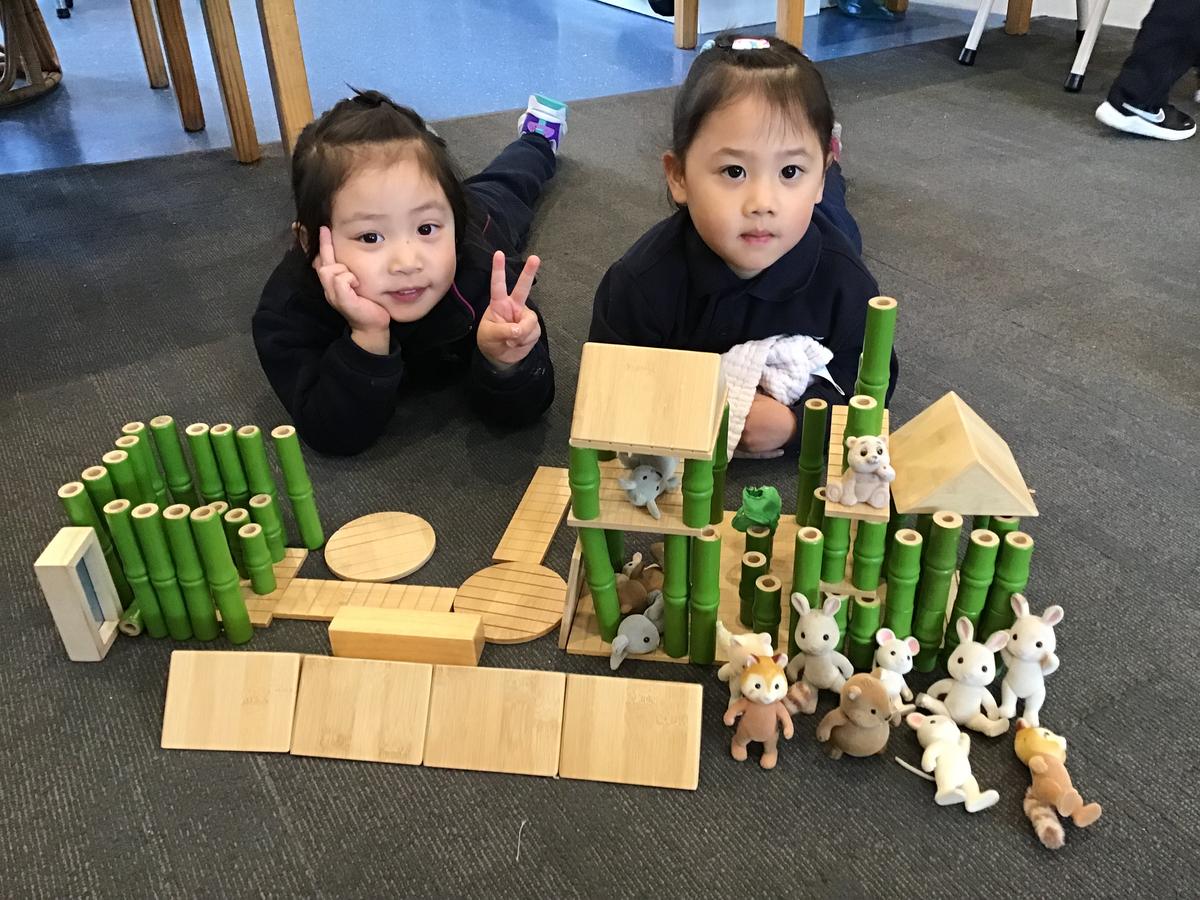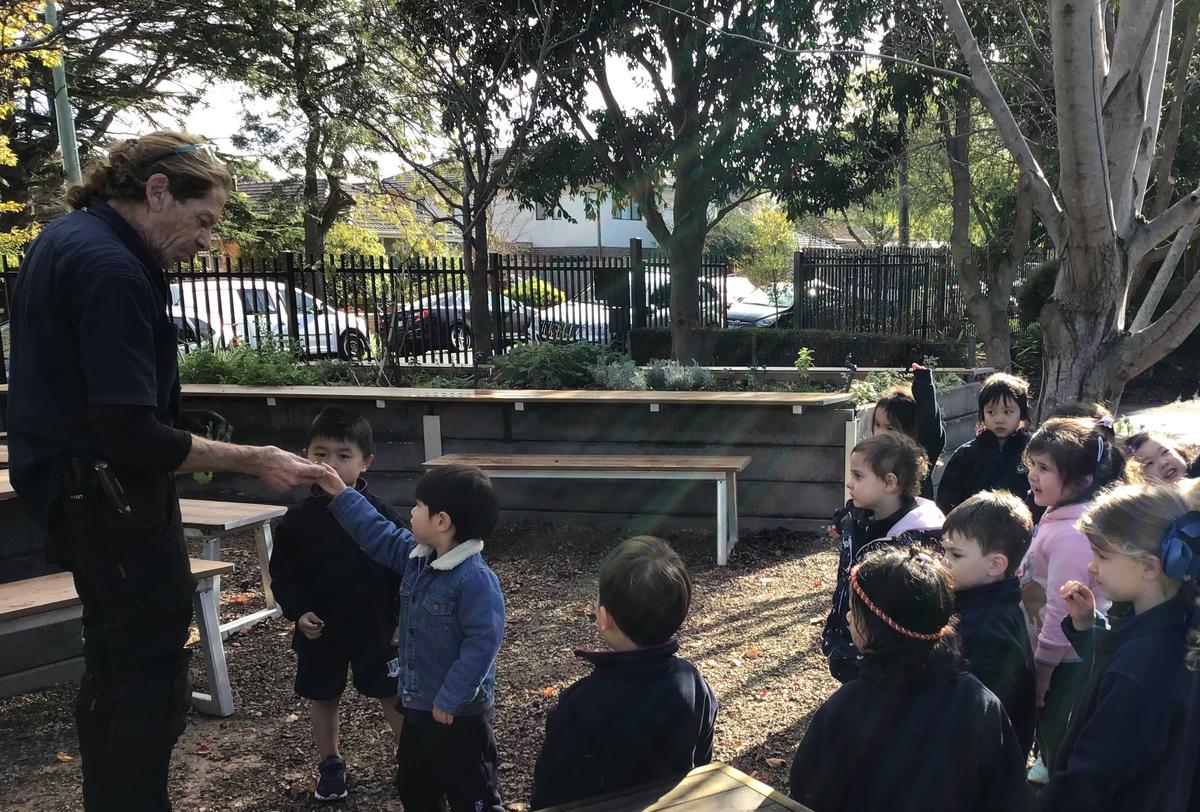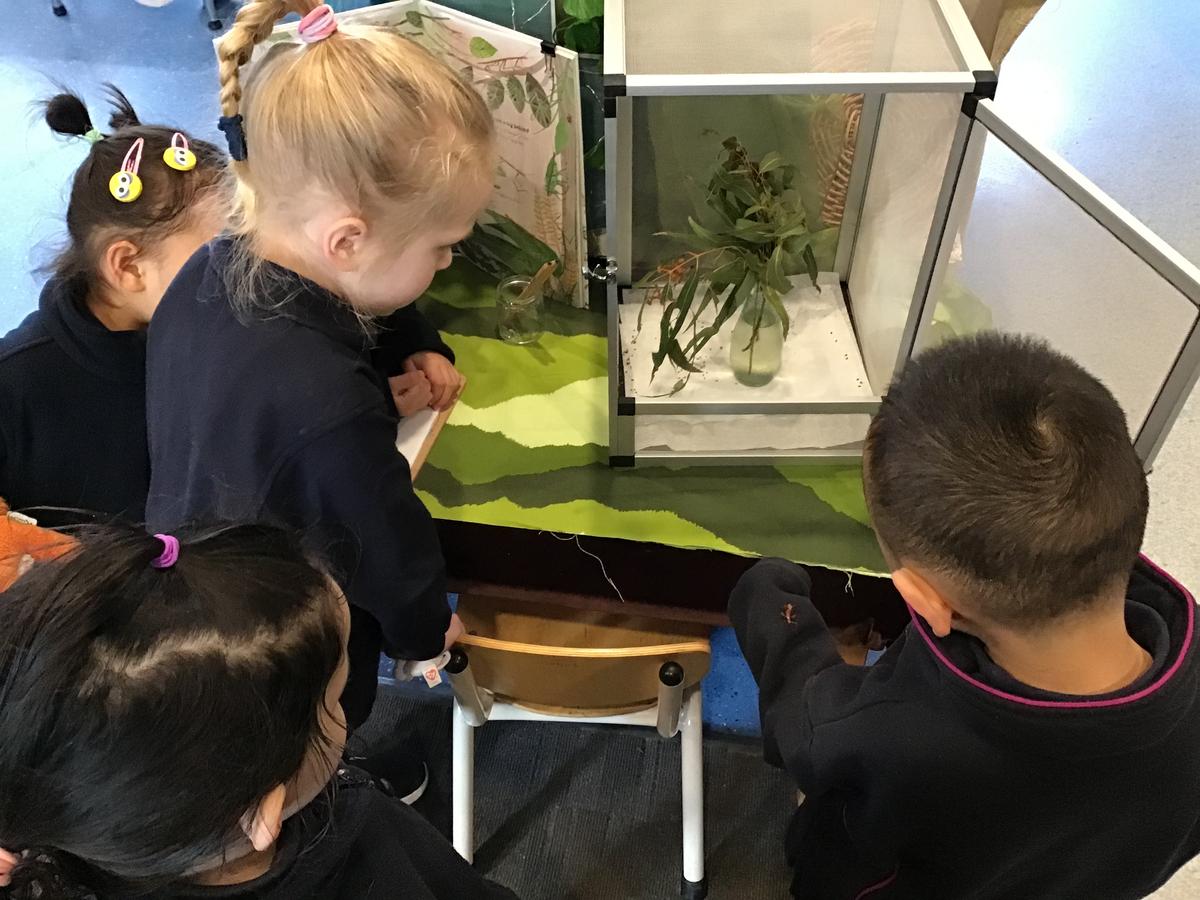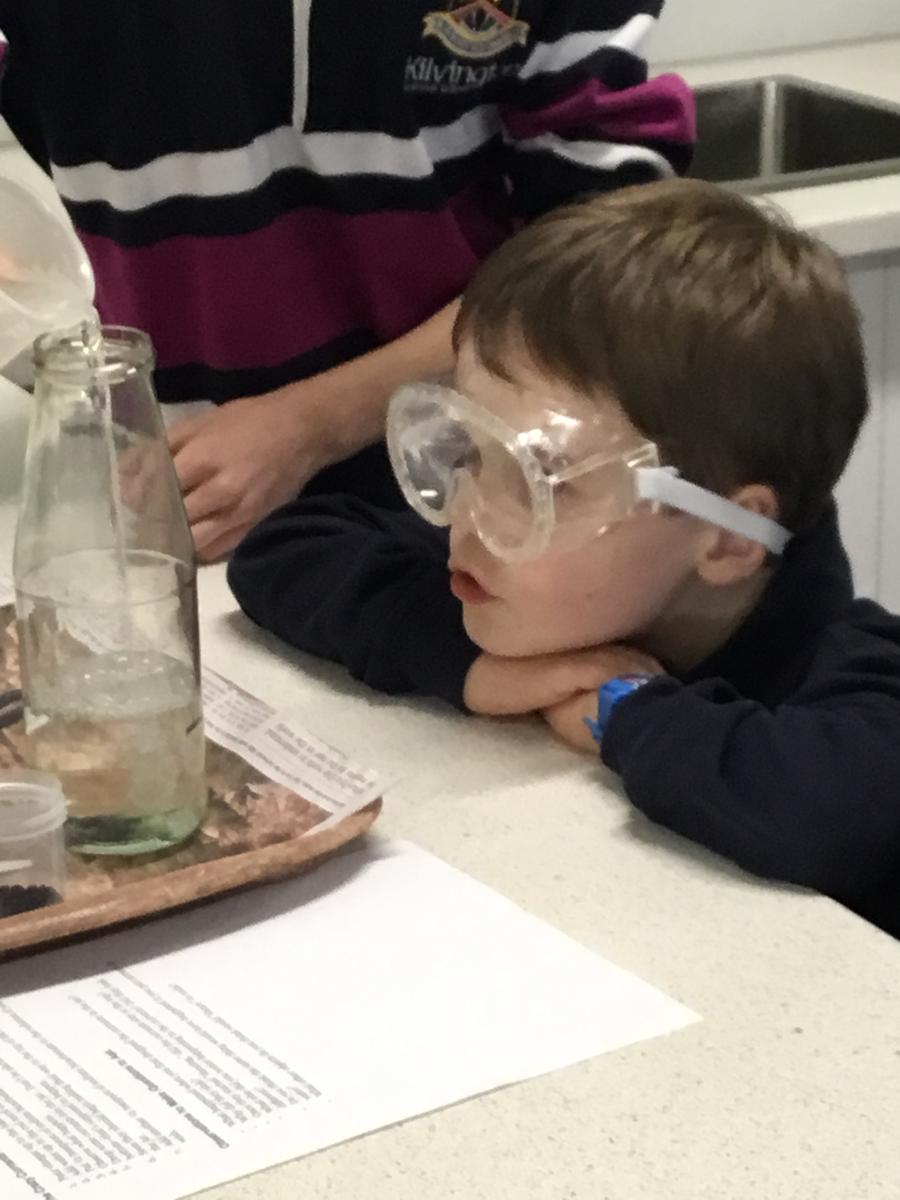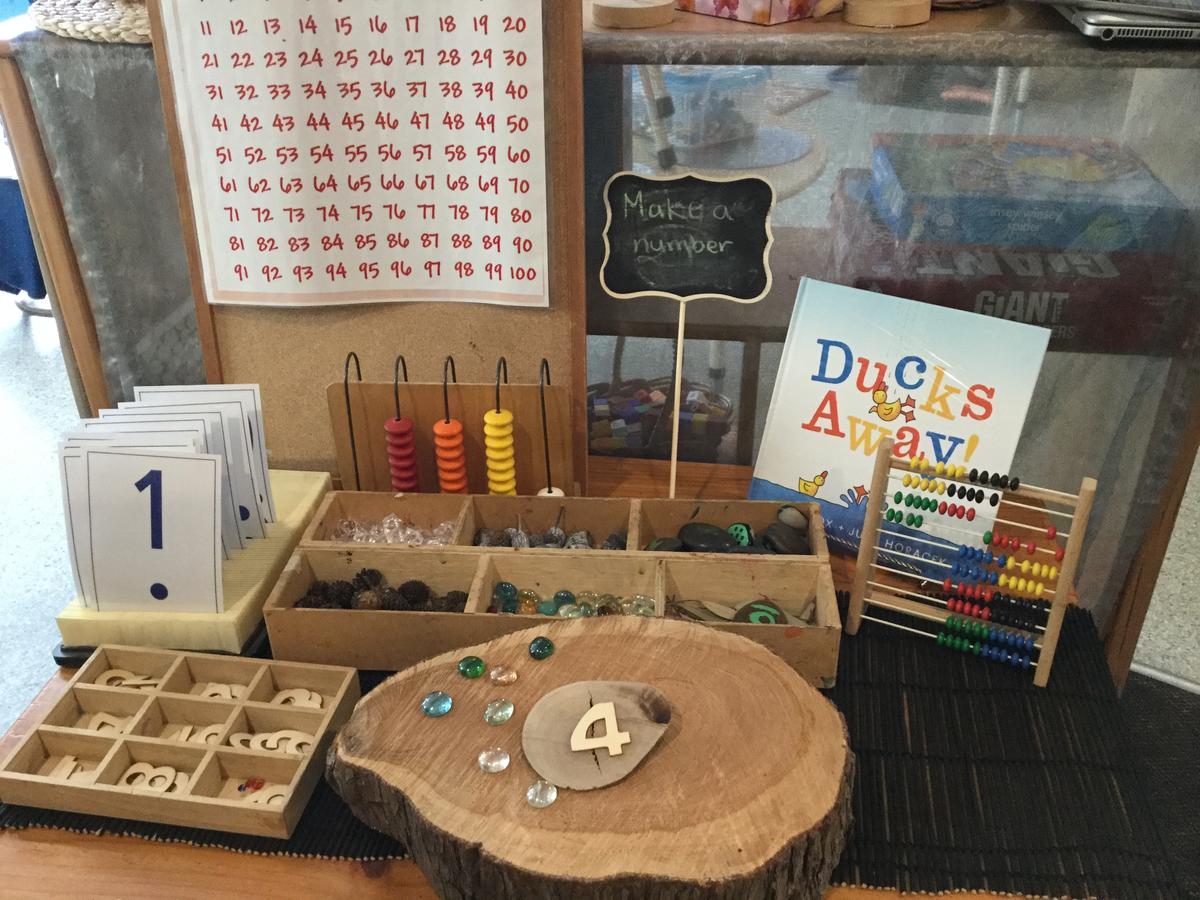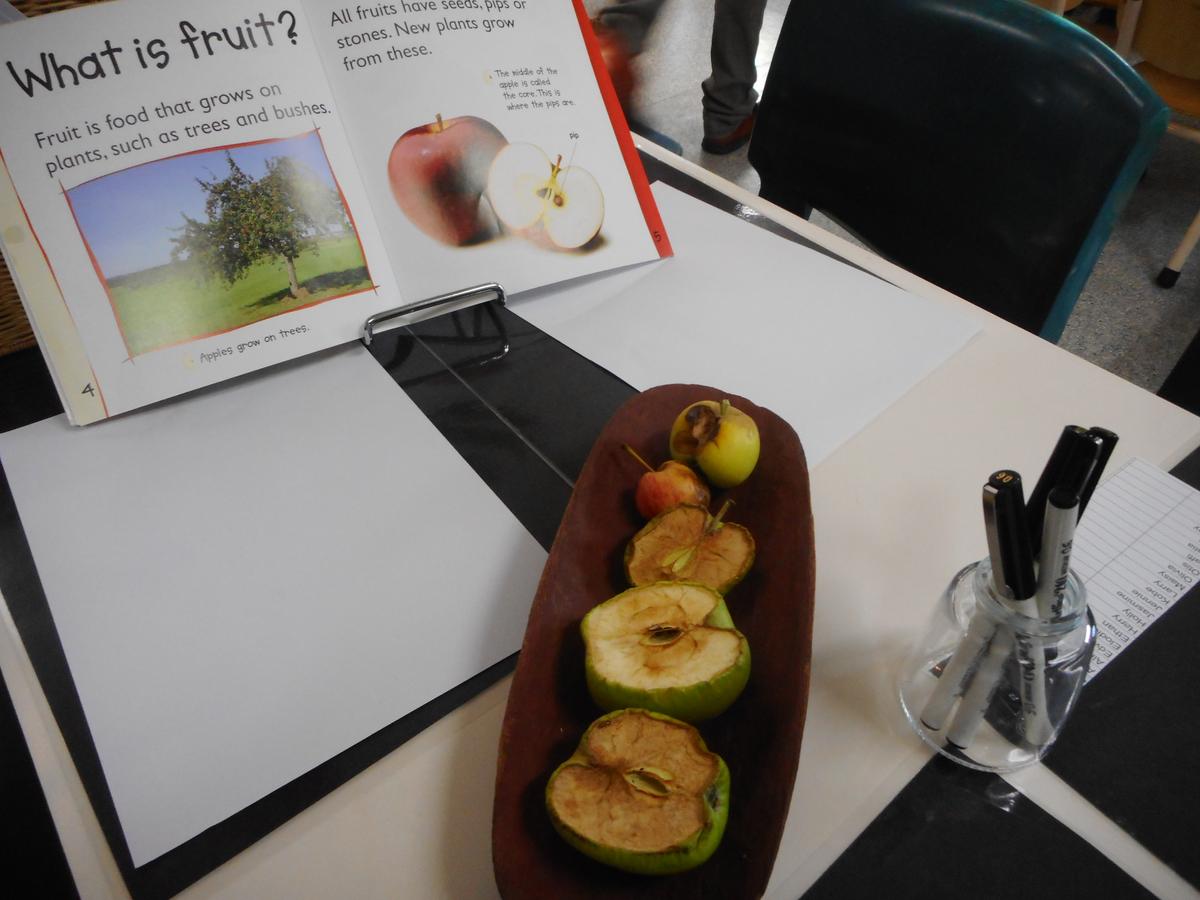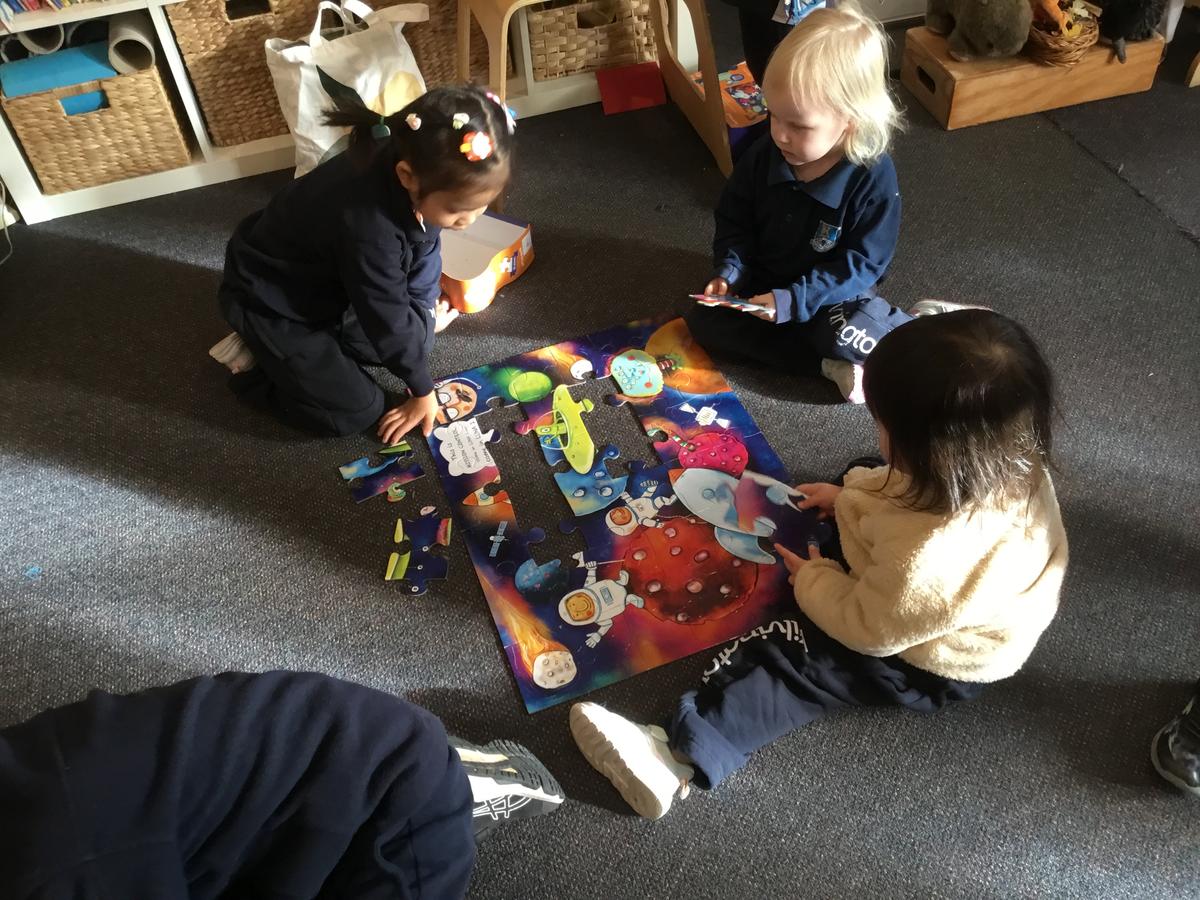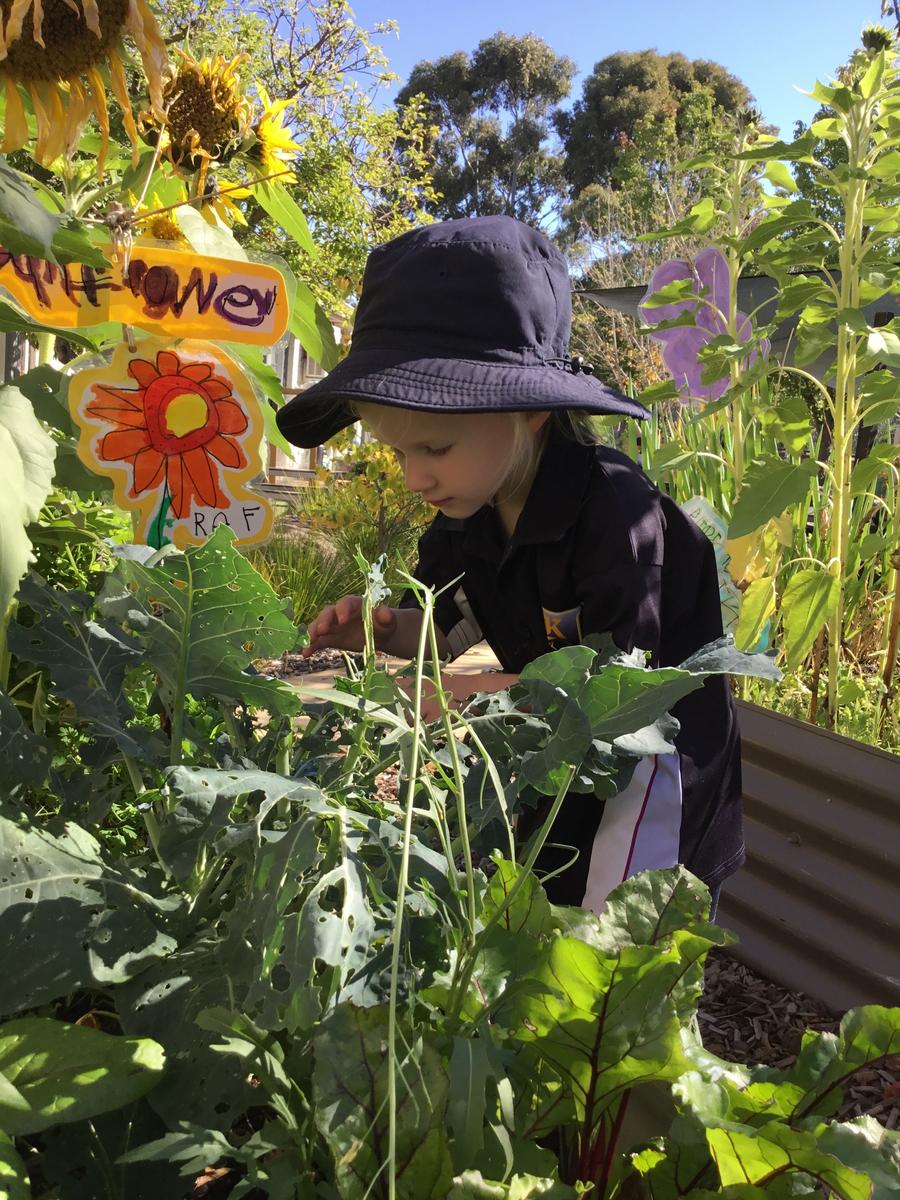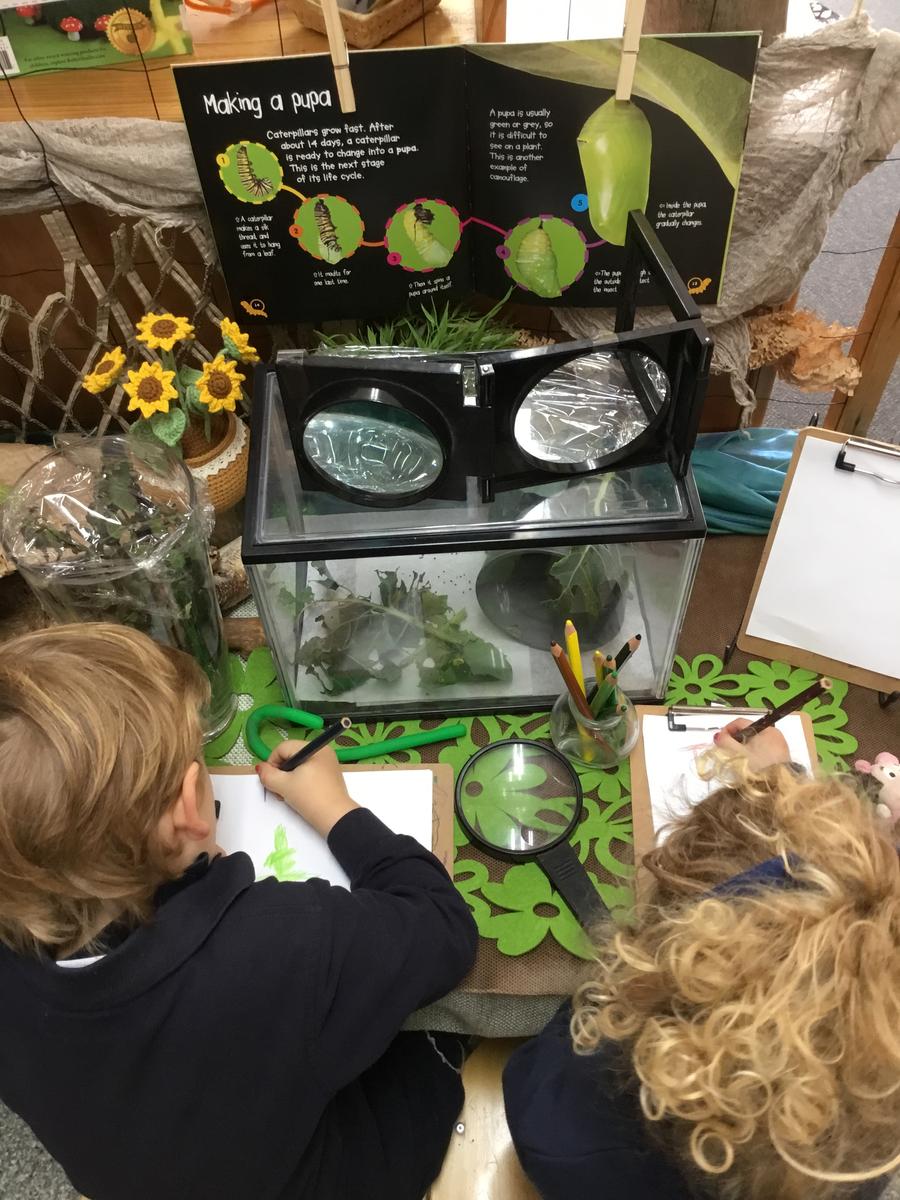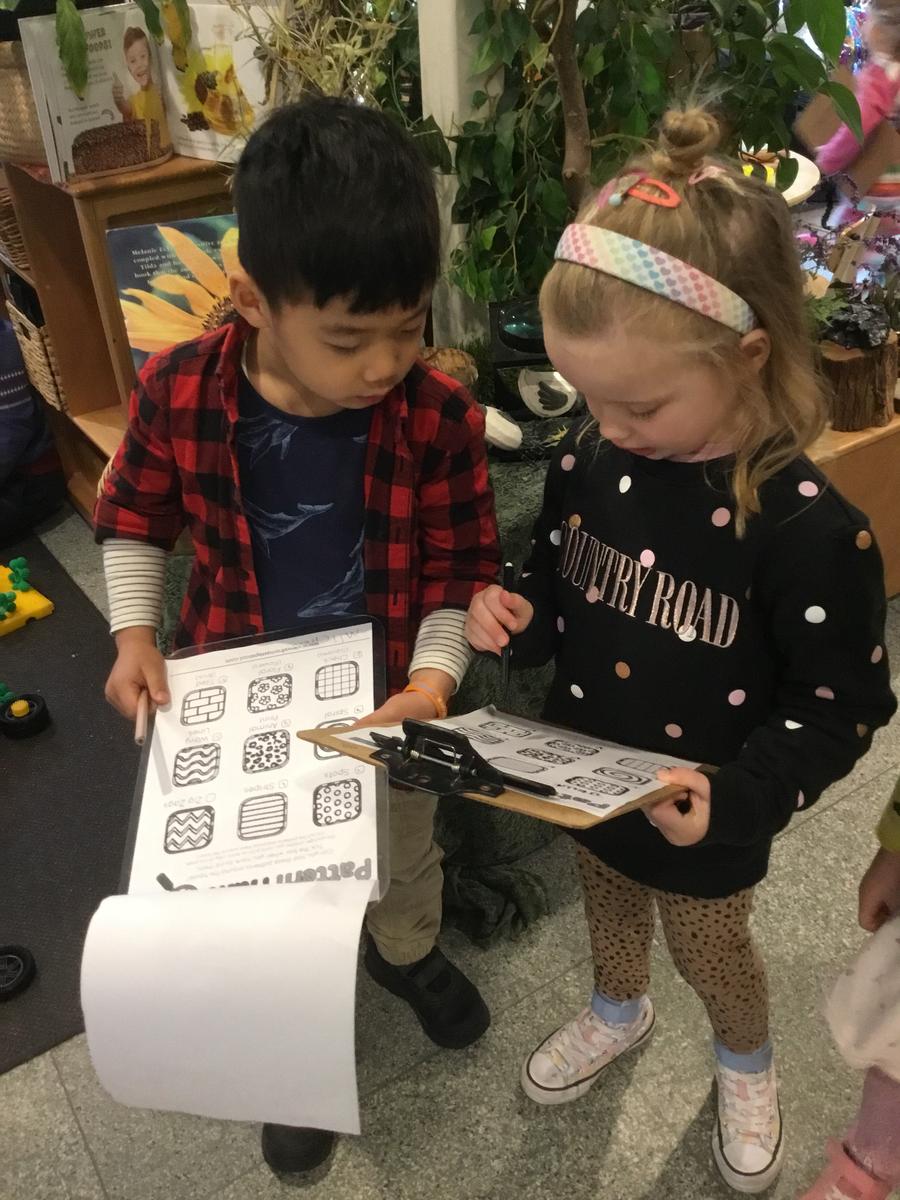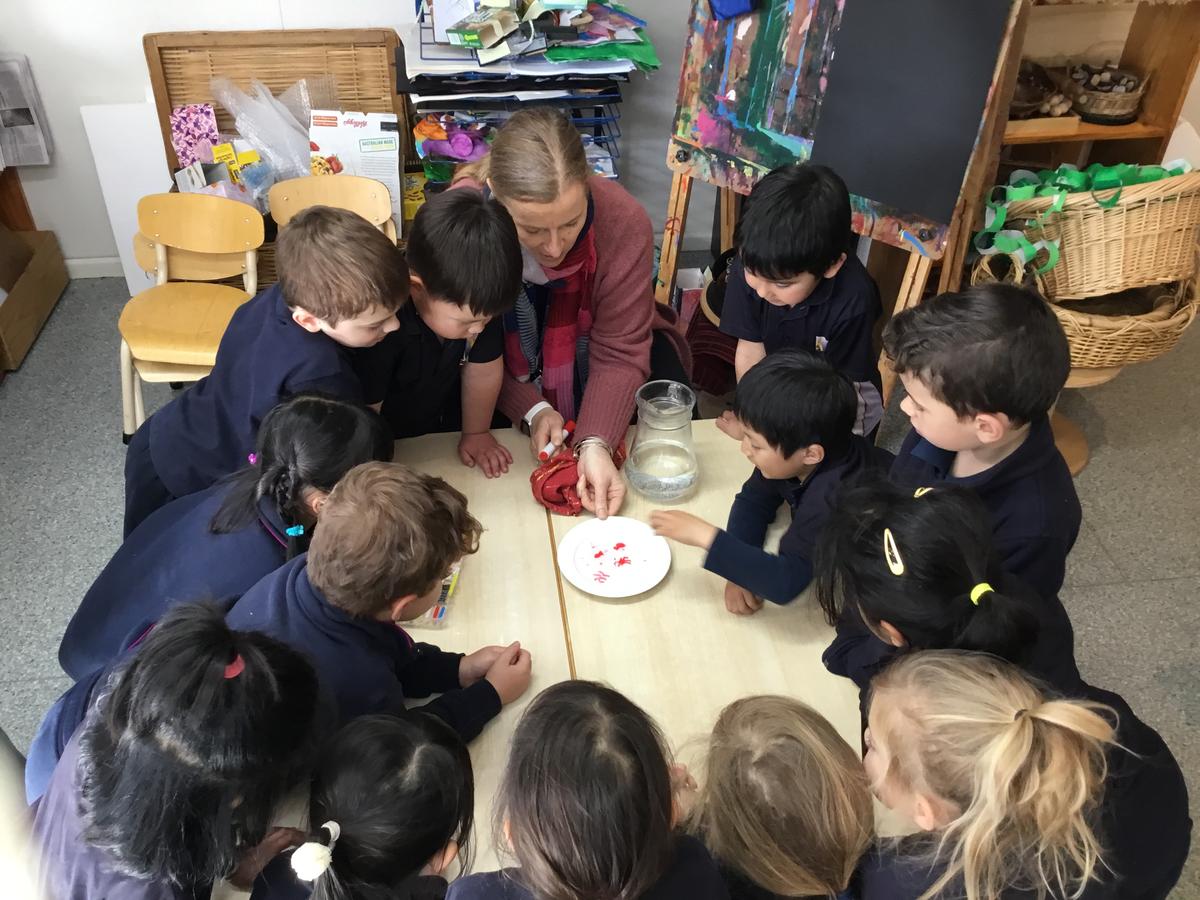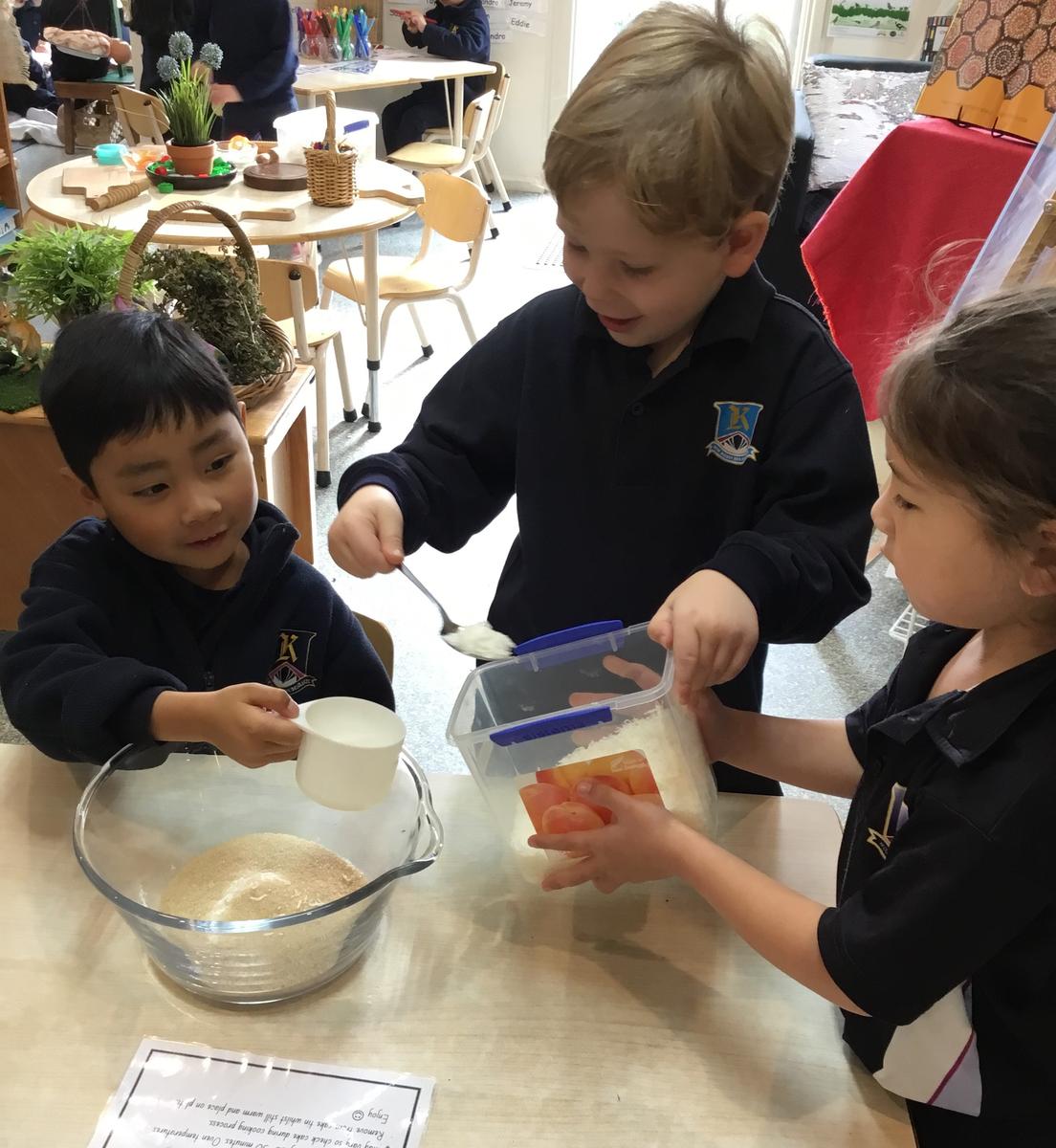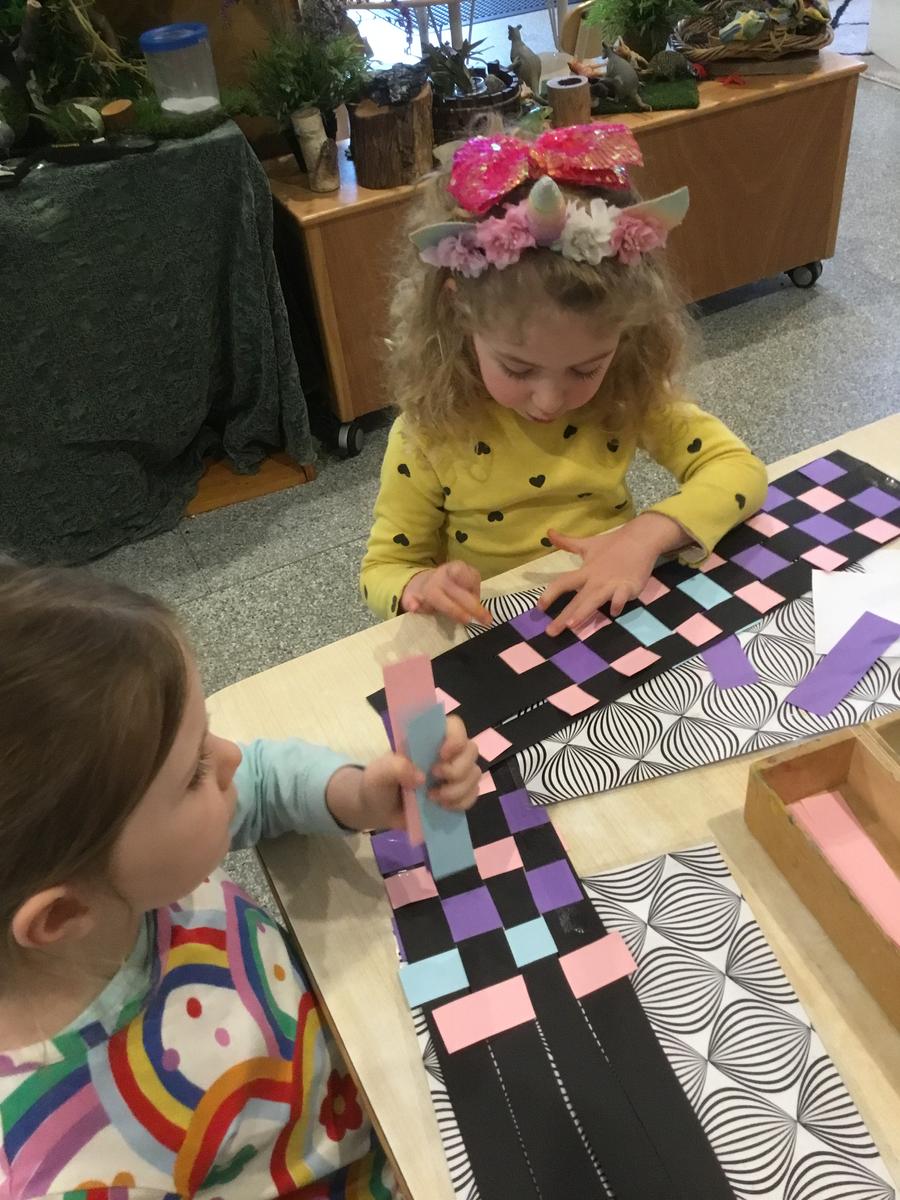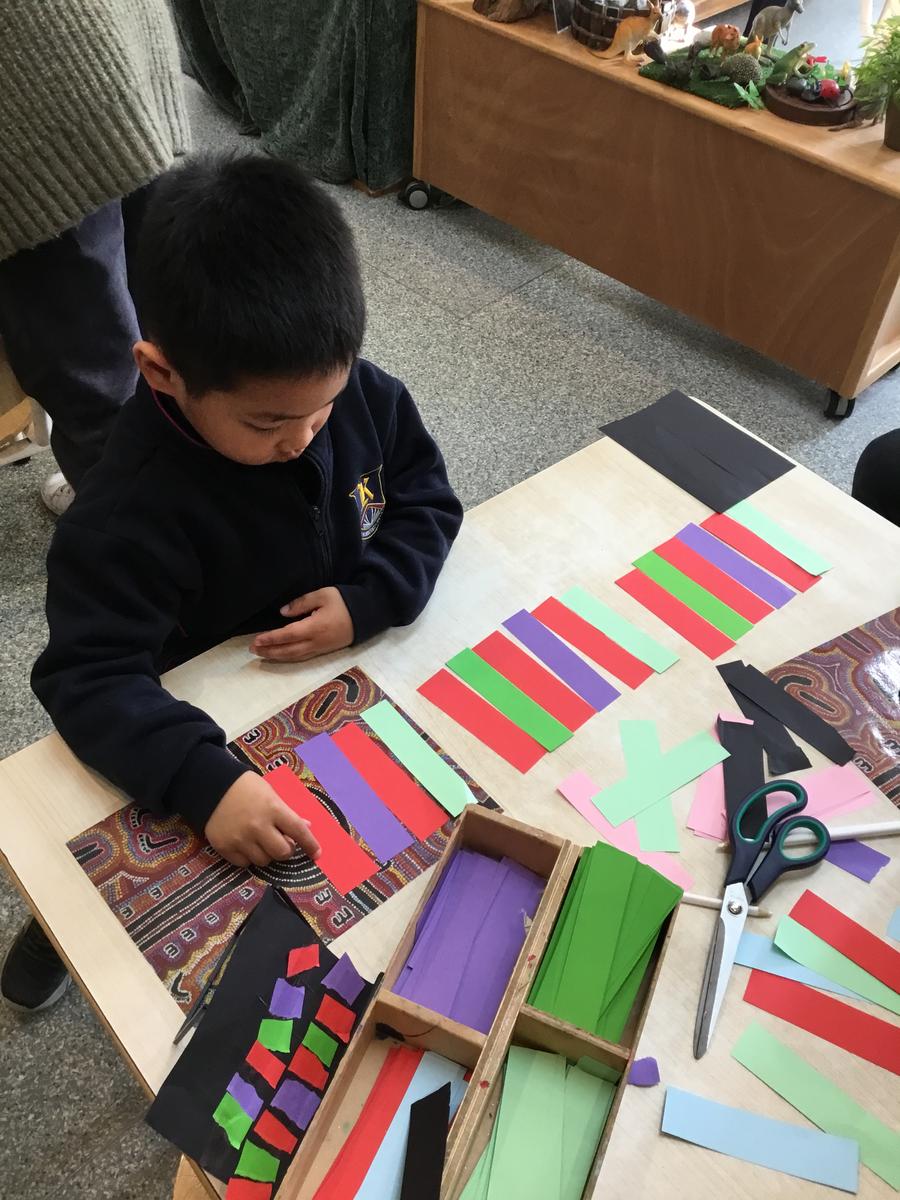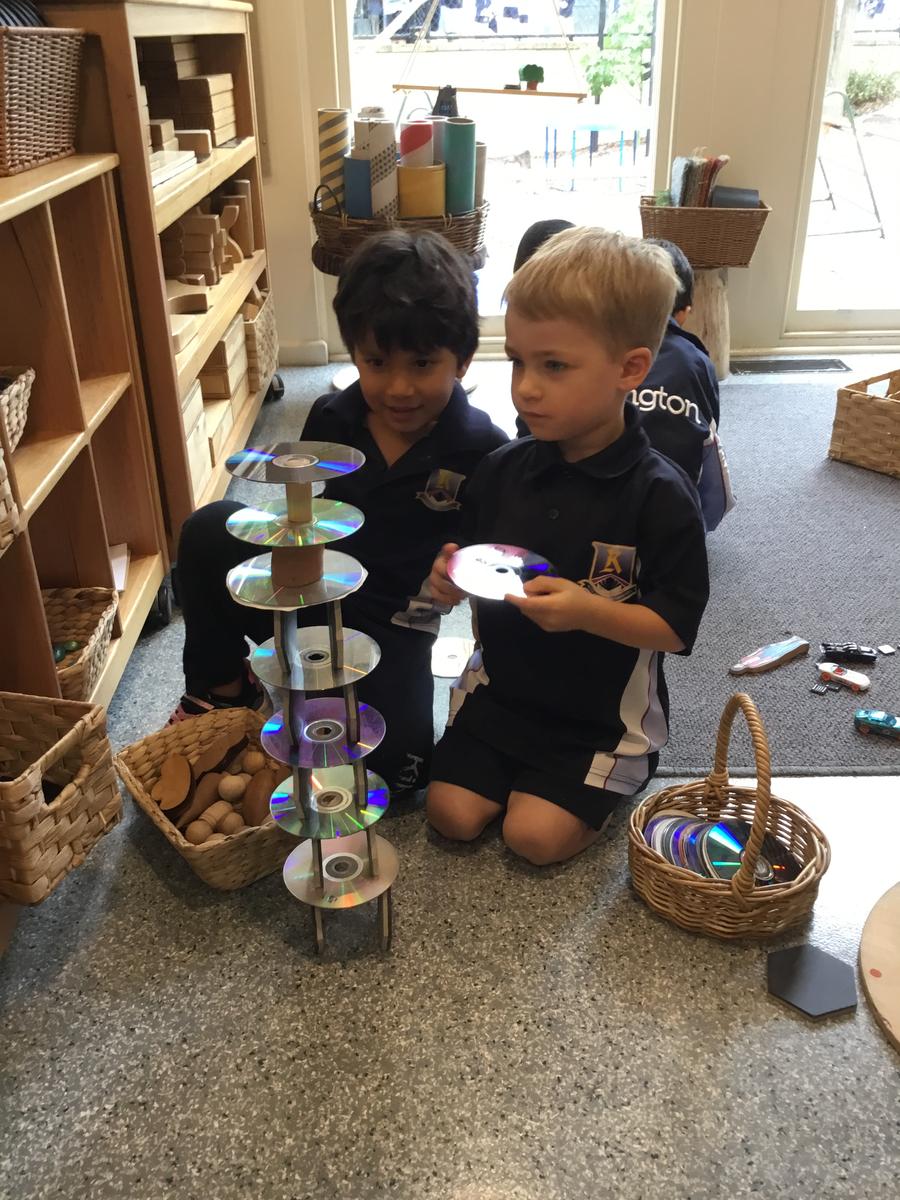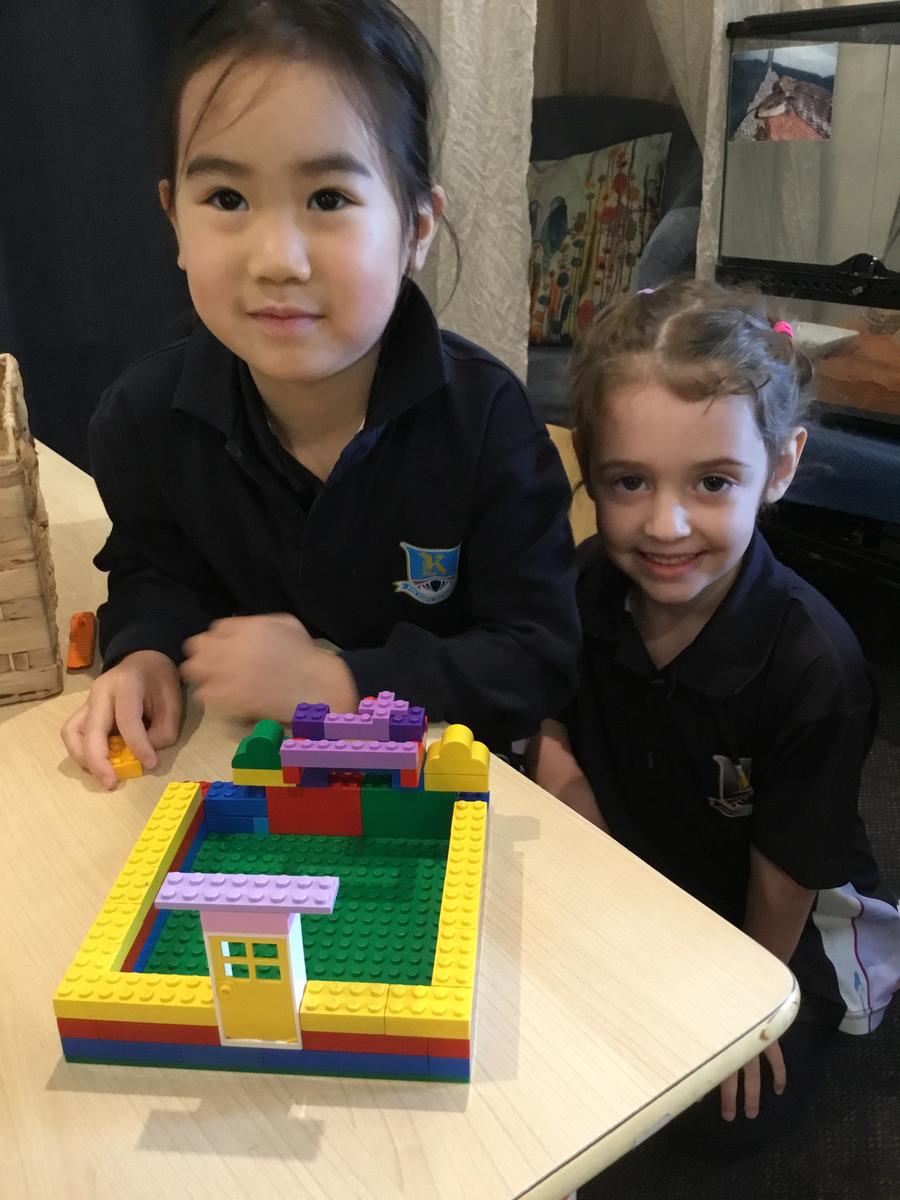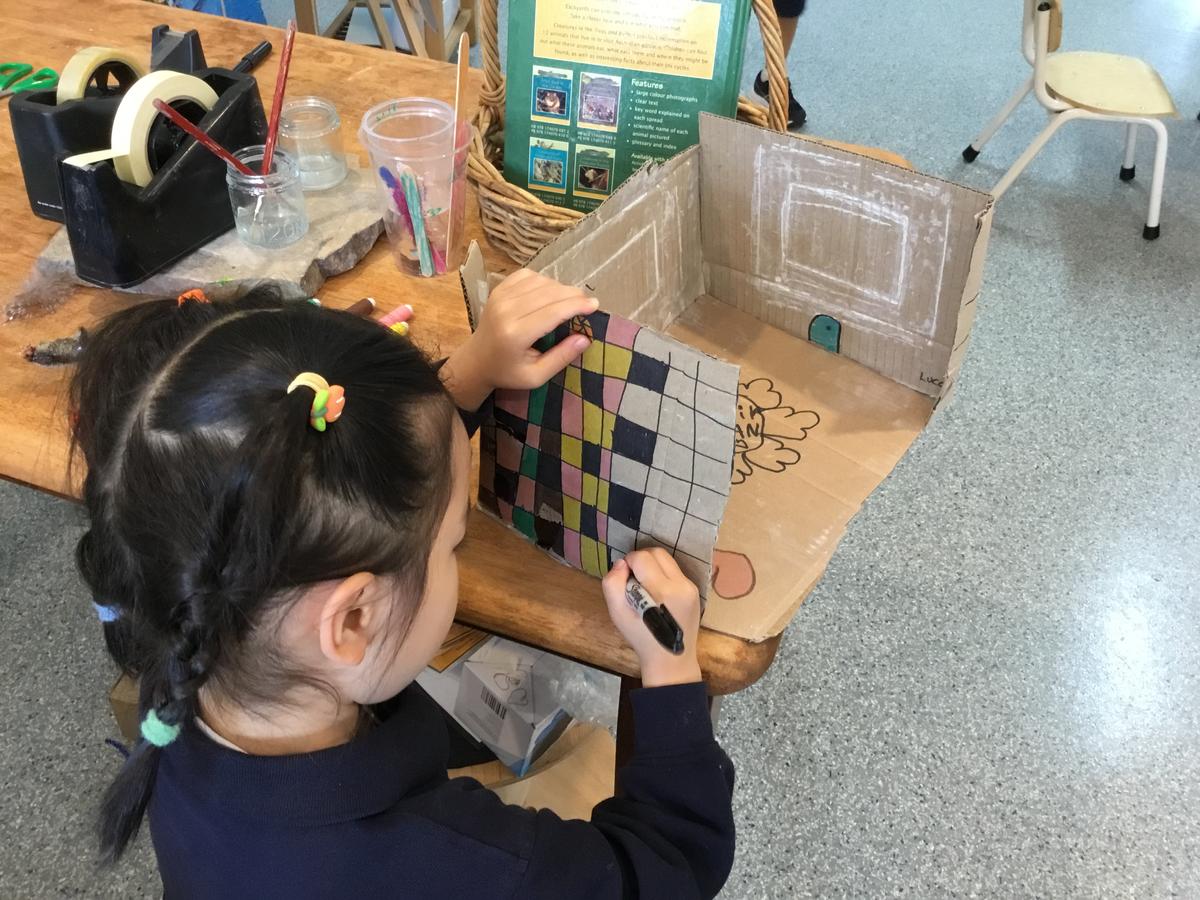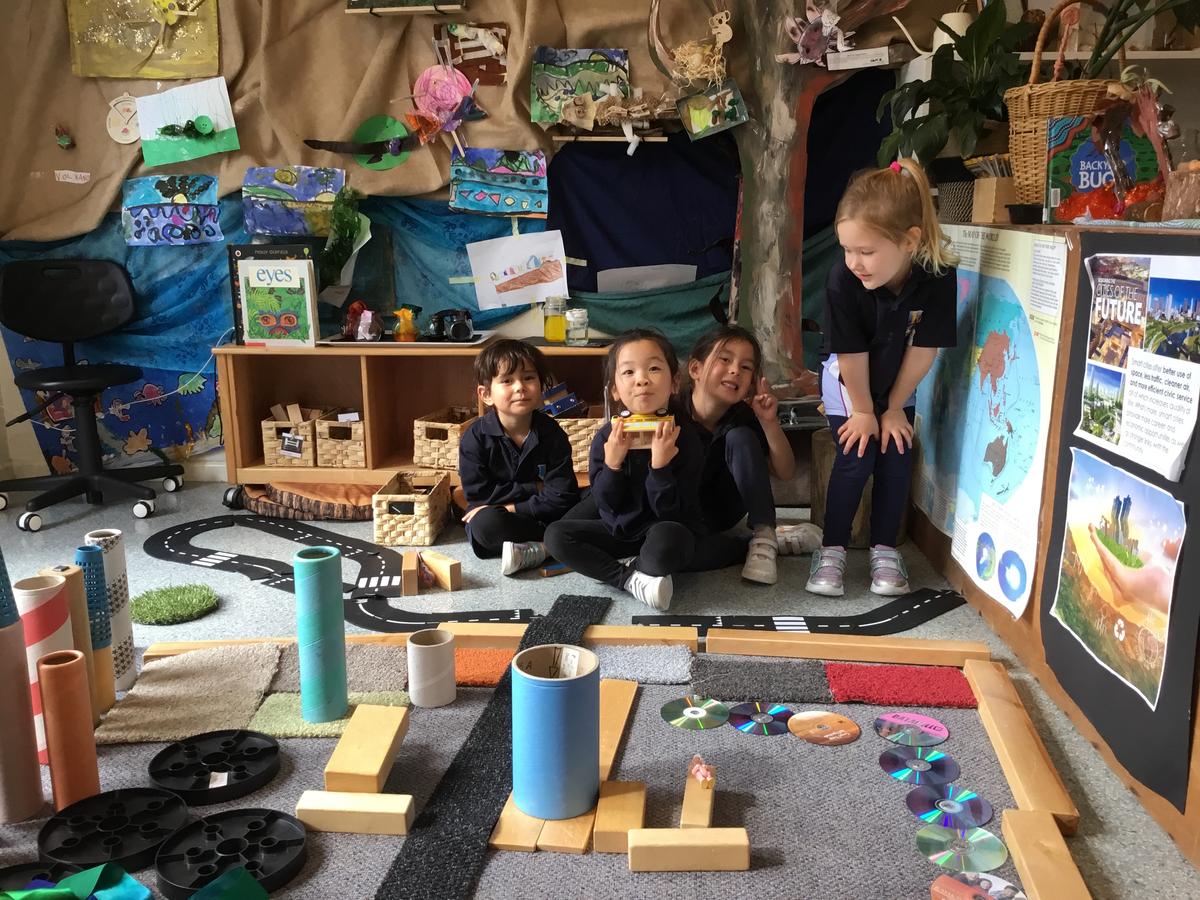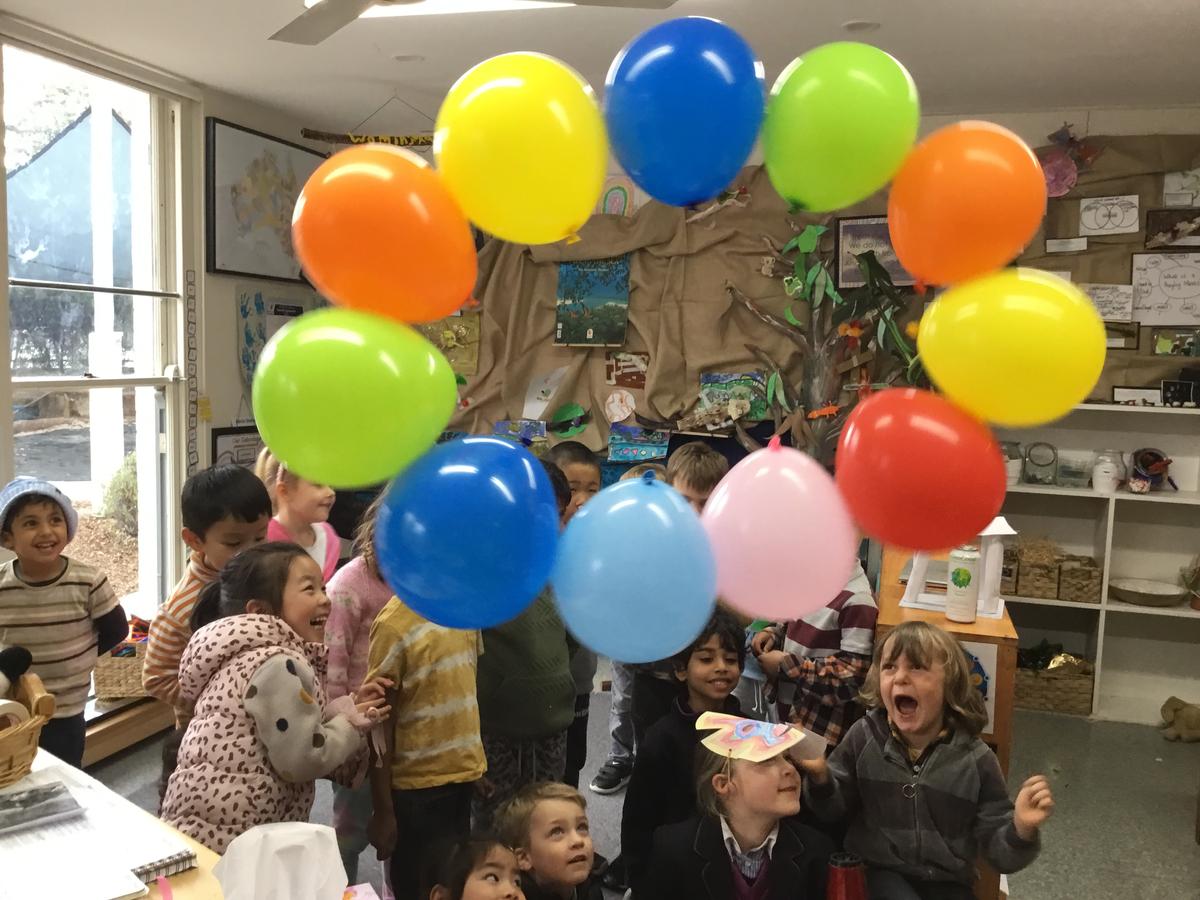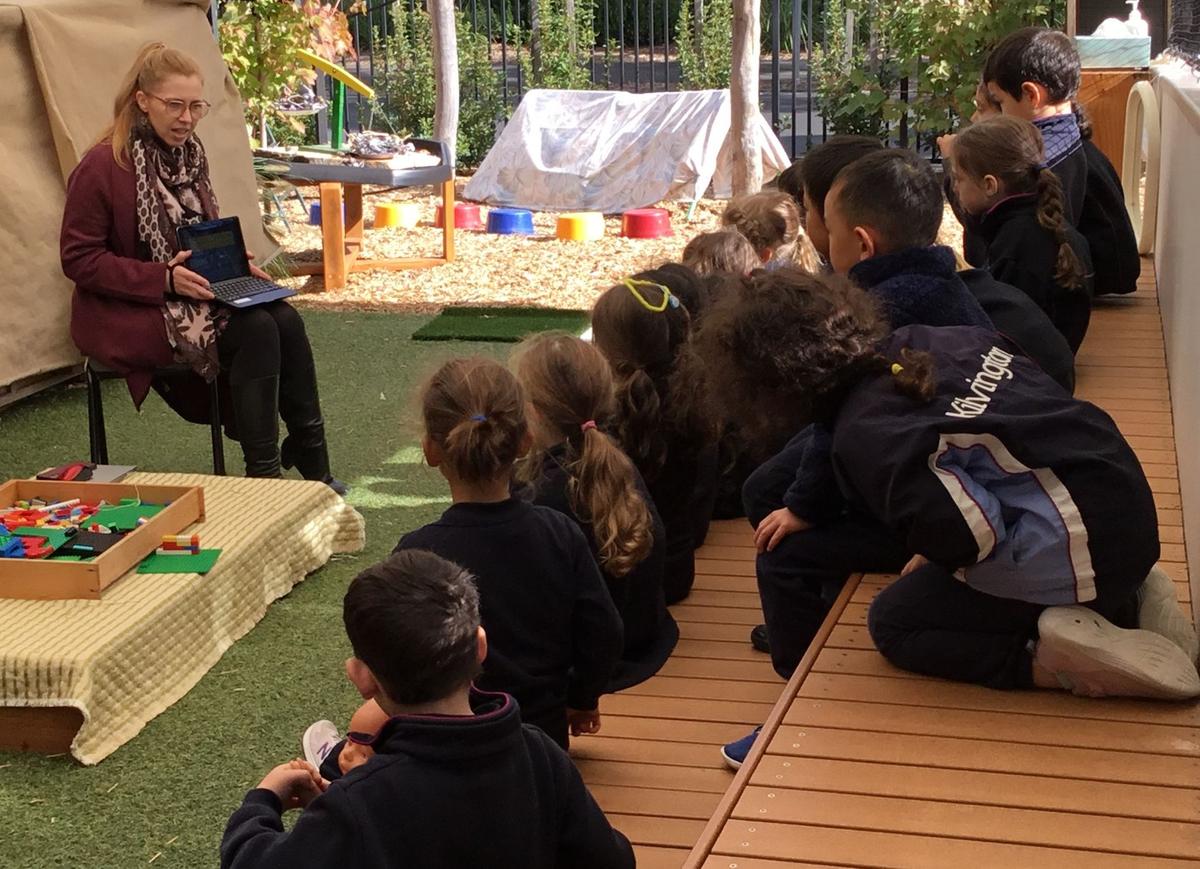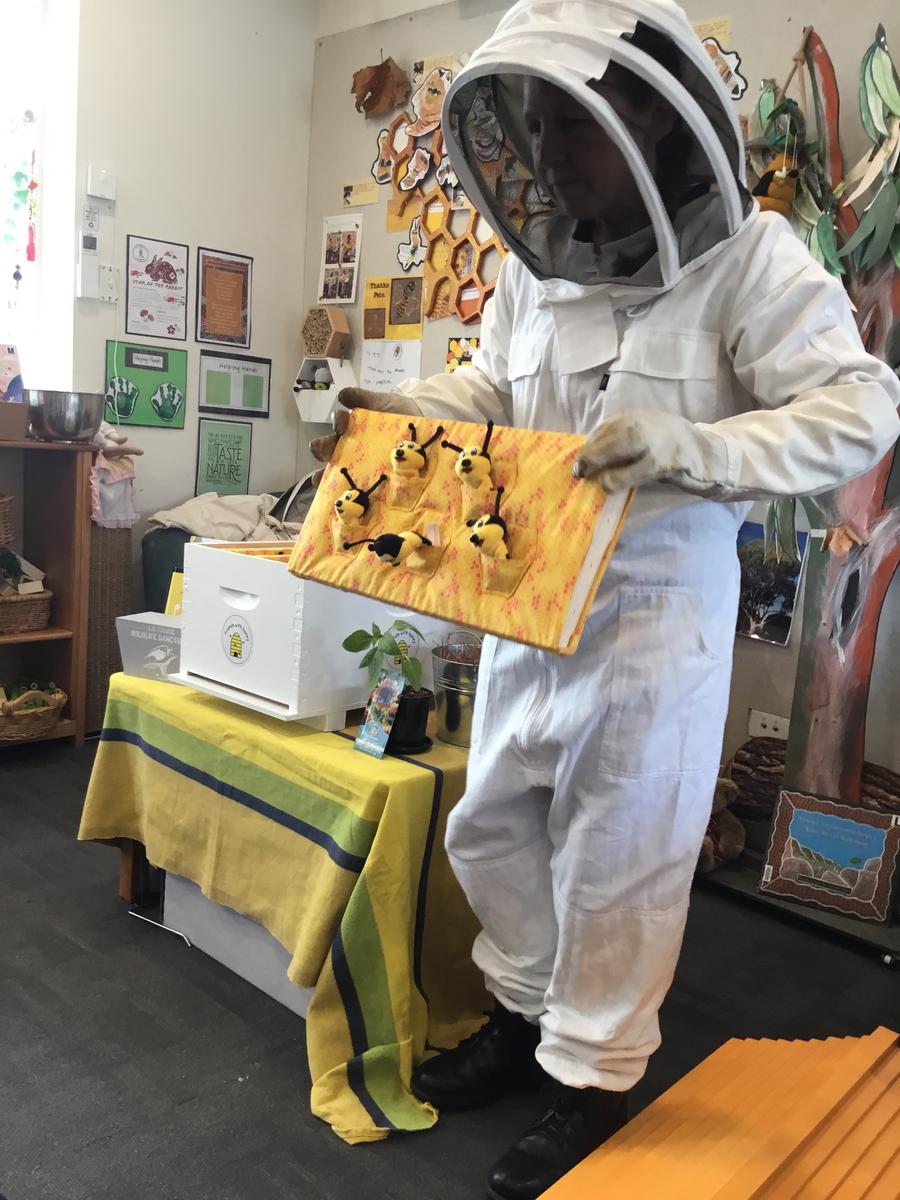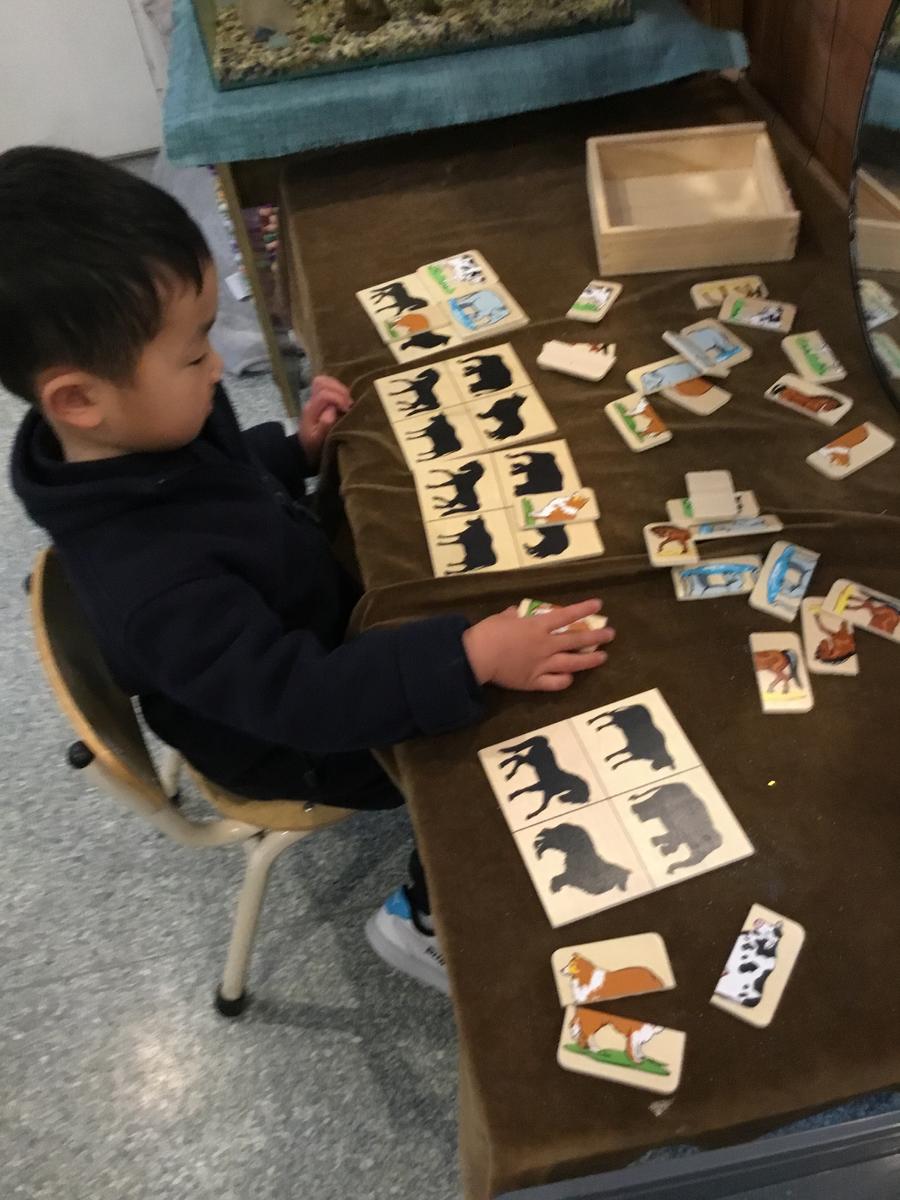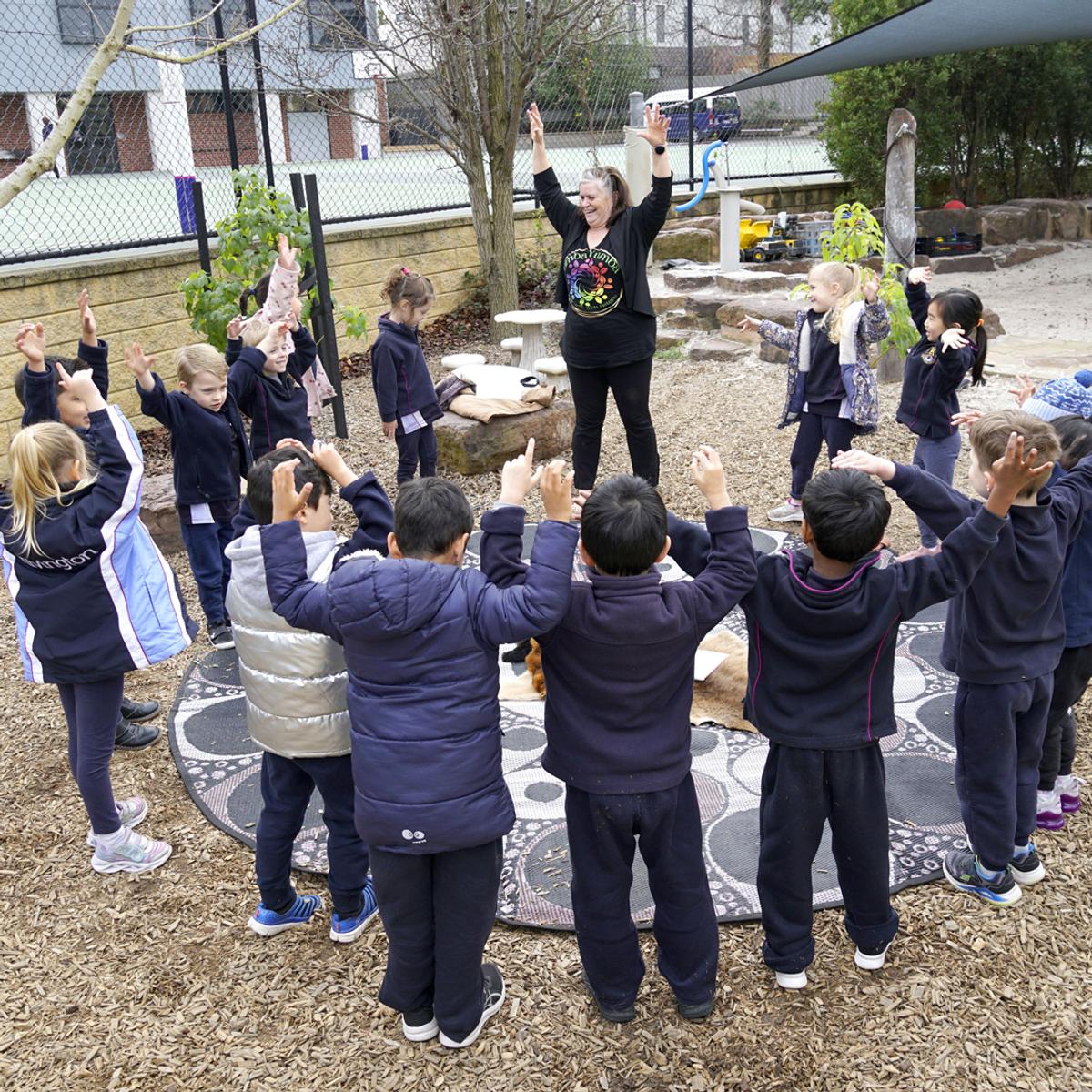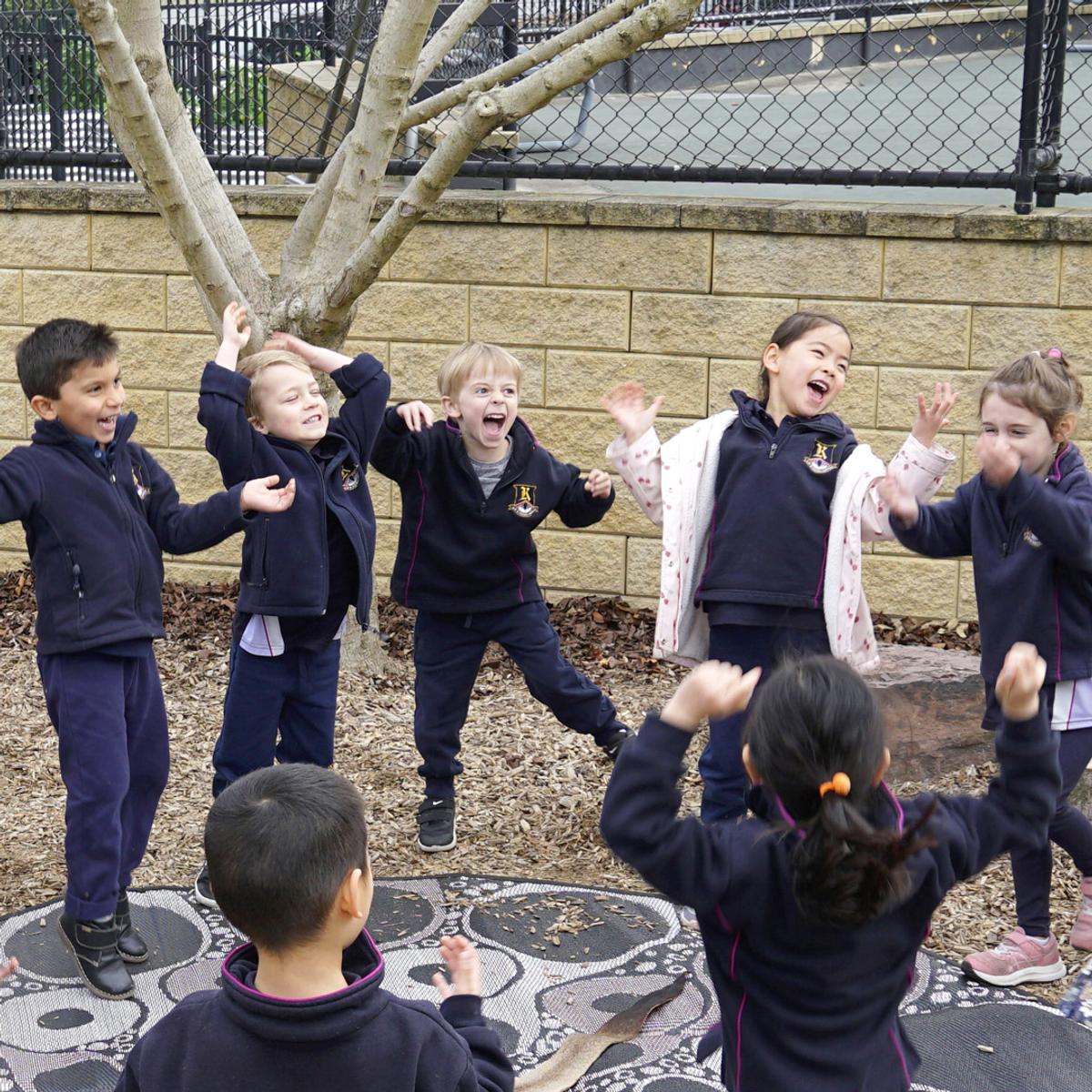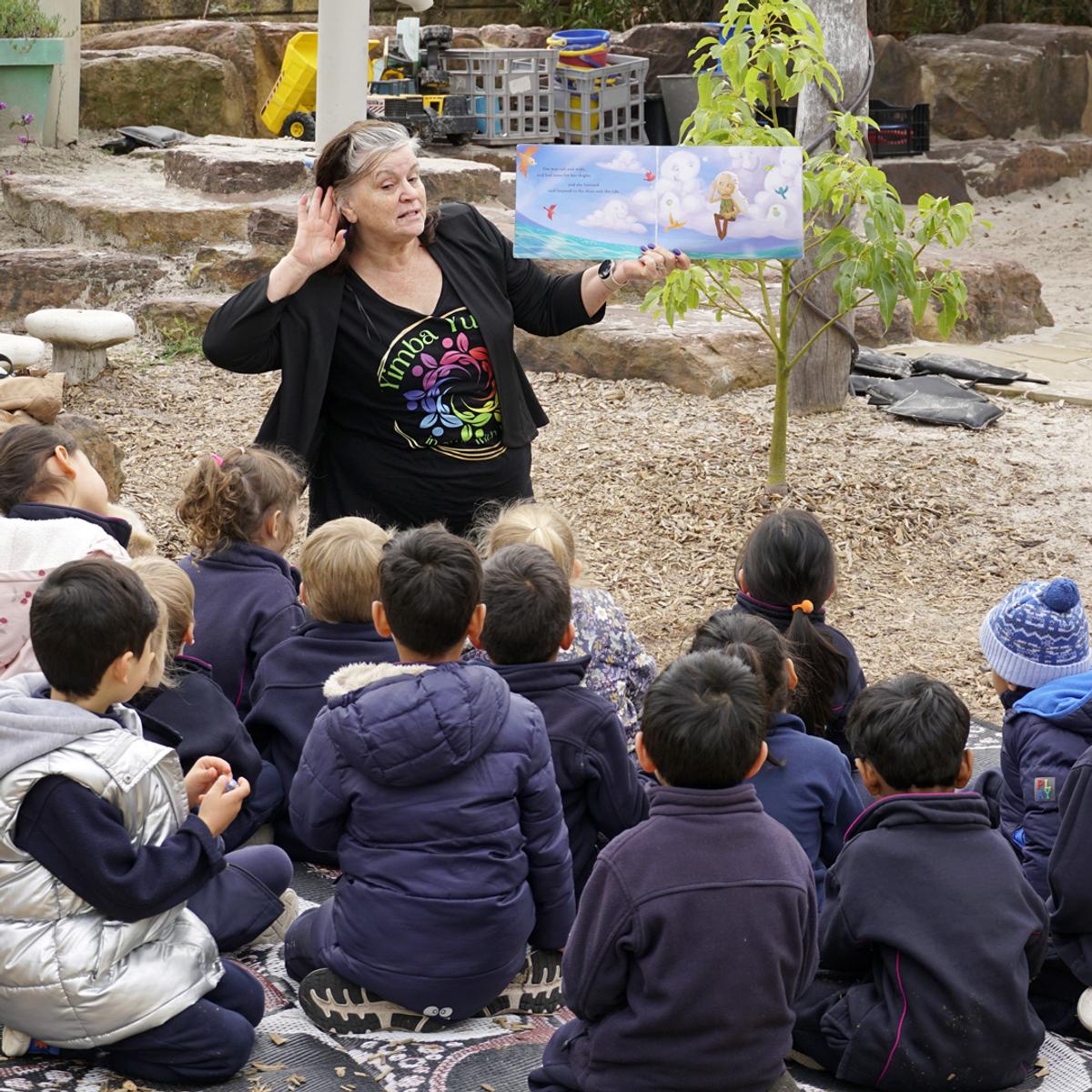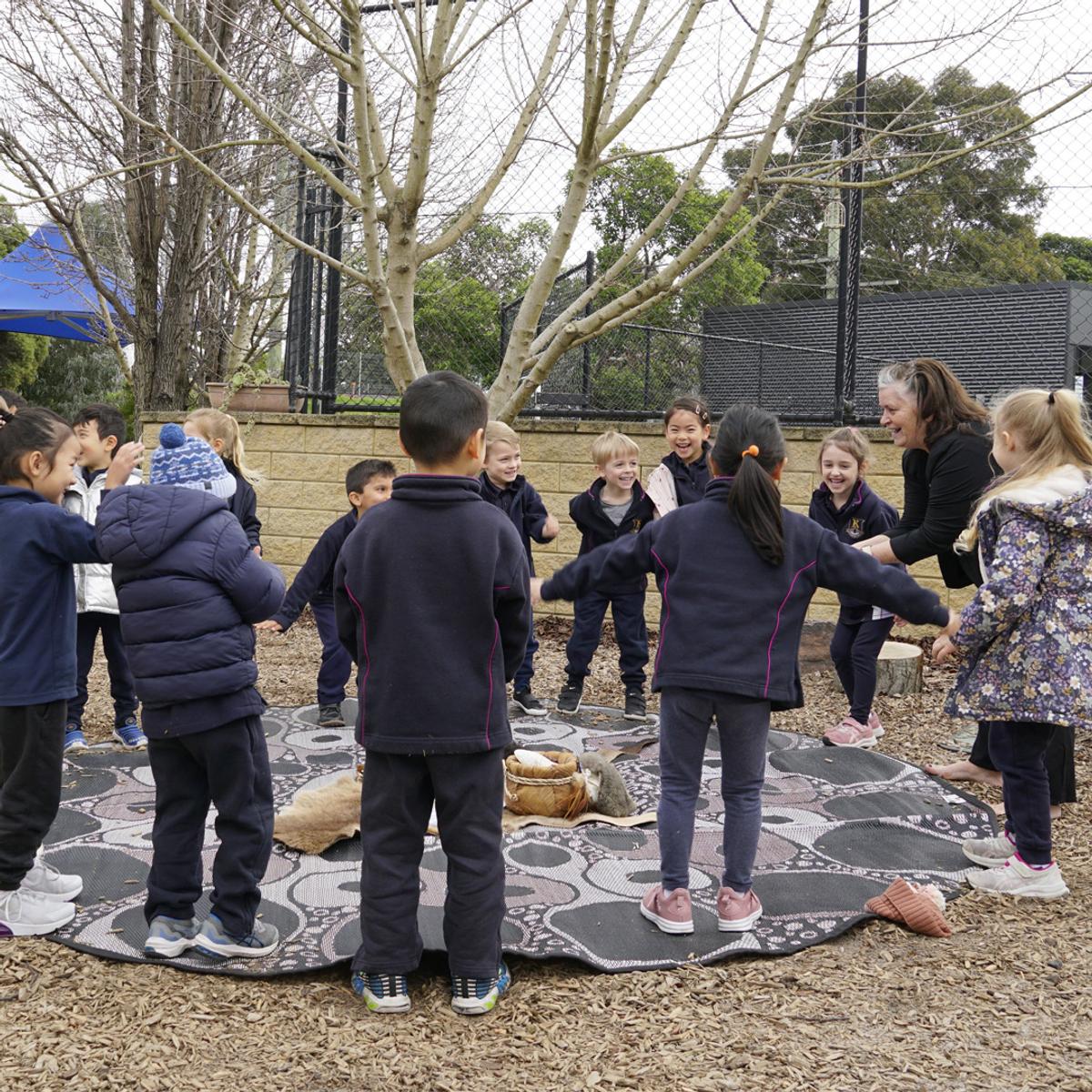ELC News
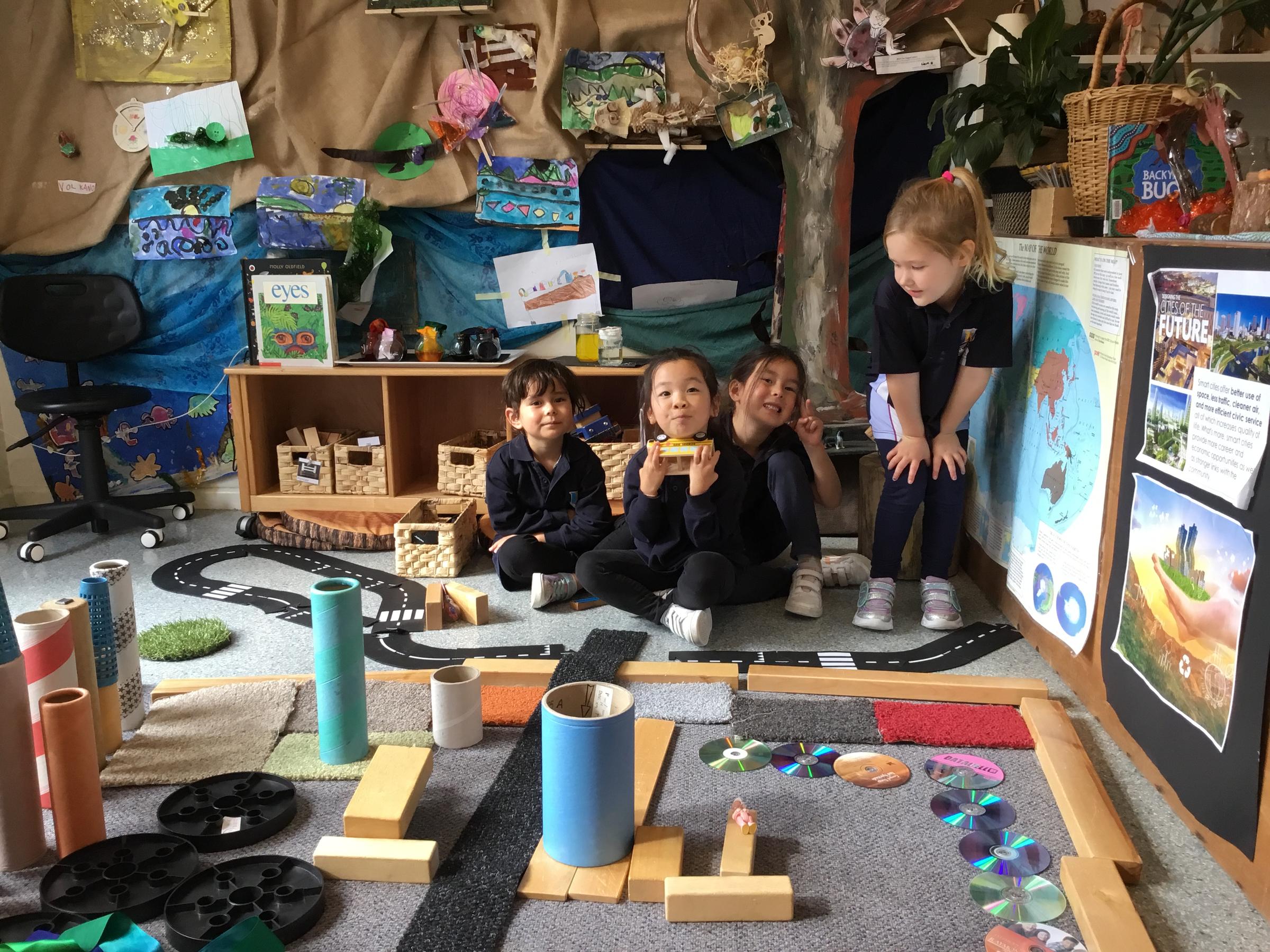
Inquiry-based STEM in early childhood education
Lyn Pewtress, ELC Director
INQUIRY-BASED STEM IN THE ELC
Inquiry-based STEM (Science, Technology, Engineering and Maths) education in the early years involves engaging children’s natural inquisitiveness in the learning experience. In a playful way, children are familiarised with scientific processes and learn to think scientifically.
Early STEM education kindles children’s inquiring minds - the adult observes children’s individual interests, involves them in decision-making, and provides prompts to stimulate their thought processes - the perfect recipe for inquiry-based learning.
STEM is found in ELC activities that children engage in every day:
- Scienceactivities include exploring water and sand, comparing and contrasting natural materials, rolling balls and cars down ramps, and observing insects through a magnifying glass.
- Technology activities can include iPads, but they also include working with tools such as scissors, gears, wheels, and pulleys.
- Engineering happens when children plan and design structures with blocks and other building materials.
- Math activities include counting and matching shapes and making patterns.
Many of these experiences embedded within our curriculum are supplemented with the ELSA (Early Learning Stem Australia) program in our four-year-old groups - a play-based STEM program for early years blending digital tools and hands-on activities.
WHY IS STEM INQUIRY SO VALUABLE?
In our rapidly changing world, STEM skills have become increasingly important. It is reported that a future workforce will require skills and abilities that ‘are often not part of the formal curriculum' in traditional school programs.
Sensing and reasoning, flexibility, creativity, collaborative problem-solving, persistence and resilience will be held increasingly in demand. Additionally, hands-on inquiry-based STEM education lays the foundation for social and emotional intelligence, raises children’s confidence, and fosters their abilities to plan and reflect.
EVERYDAY STEM LEARNING
There are many steps that parents can undertake in their daily lives to foster STEM learning in their children. Here are some suggestions:
- Recognise that STEM learning can happen anytime, anywhere. Children’s play and exploration naturally leads to them being exposed to STEM concepts. Opportunities abound for children to count, identify shapes, and observe how things like supermarket trolleys move.
- Encourage children’s natural curiosity. Provide them with a multitude of opportunities to explore, discover and create, both indoors and outdoors.
- Ask open-ended questions. Notice what they are doing during play, and ask questions such as, 'What do you notice about how it’s moving?'. This will promote their observational and thinking skills, and cause them to reflect, form theories, and ask questions.
Young children have natural tendencies to explore, create, and innovate. We can support children to continue to grow by providing them with rich opportunities for exploration and discovery.
Your children’s questions provide the starting point for investigation every single day. Next time your child asks you, ‘Where did the ice cube go?’ you could answer with, ‘Great question, let’s find out together!’.
Visits from Aunty Karan
We are immensely enjoying our regular visits from indigenous educator Aunty Karan Kent from yimba_yumba who has been taking our ELC littlies through all corners of Indigenous culture from fascinating artefacts and instruments to songs, dance and storytime!

